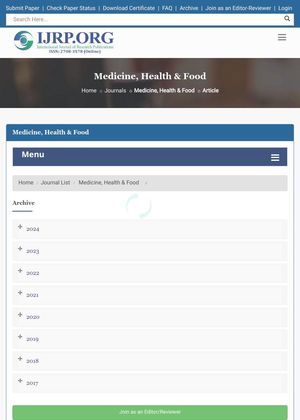Limbal Mesenchymal Stem Cell Secretome as Potential Adjuvant Therapy for Ocular Alkali Injury
February 2022

TLDR Limbal Mesenchymal Stem Cell Secretome might help heal eye injuries by reducing inflammation and promoting tissue repair.
Chemical injuries, often caused by substances like sodium hydroxide (NaOH), are a leading cause of vision loss and can result in severe corneal damage and blindness. A potential treatment for corneal wound healing being researched is Limbal Mesenchymal Stem Cell Secretome (LMSCS) therapy. LMSCS has anti-inflammatory, antiangiogenesis, and immunomodulatory roles, and can induce and modulate immune responses and tissue repair through inflammatory cytokines and growth factors. Limbal niche cells, isolated from limbal stroma, can produce progenitor cells that aid in corneal wound healing. LMSCS can be produced pharmaceutically and may be a promising therapeutic strategy for regenerative medicine. Studies have shown that Mesenchymal Stem Cells (MSC) not only reduce inflammation and inhibit neovascularization, but also reduce corneal opacity in ocular chemical injuries.


